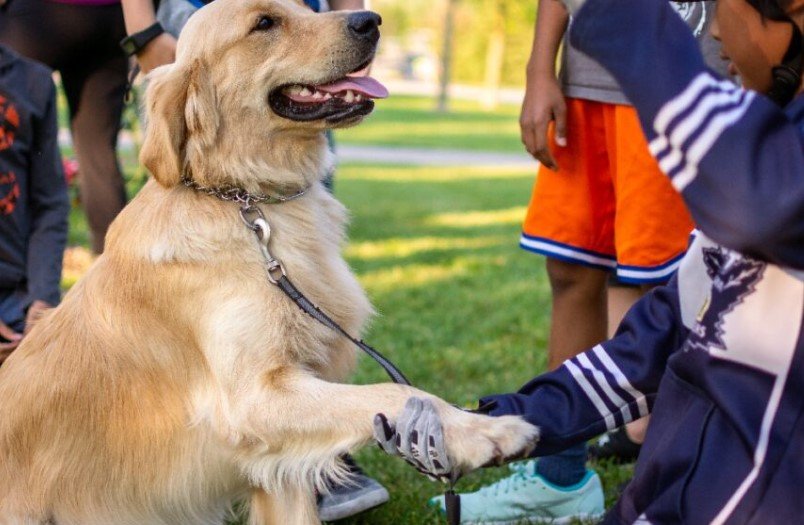In the wake of Ontario’s newly enacted hunting dog legislation, animal rights groups have rallied for a review, citing concerns over the welfare of wildlife and the ethical implications of the law. The contentious policy, which broadens the licensing for dogs to pursue captive animals, has sparked a heated debate across the province.
The Stirring of Advocacy
Animal rights organizations are at the forefront of challenging the new law. They argue that the practice of using dogs to track and chase wildlife within enclosed areas is inhumane and poses significant risks to the animals involved. The groups are leveraging the Environmental Bill of Rights to petition for a reevaluation of the legislation, hoping to halt the expansion of these hunting grounds and eventually phase them out.

The outcry from these groups has brought attention to the plight of the wildlife used in these train and trial areas. The law stipulates that the animals should not be harmed during these exercises, yet reports from former conservation officers suggest a grimmer reality, with instances of injury and death among the prey.
The Hunters’ Perspective
On the other side of the debate, hunting enthusiasts defend the practice as a traditional sport that trains dogs in a controlled environment. They maintain that the activity is conducted responsibly, with no harm coming to the animals. The Ontario Sporting Dog Association has been vocal in its support of the law, emphasizing the non-lethal nature of the sport and its adherence to ethical standards.
The government’s decision to expand the licensing regime has been seen as a nod to the hunting community, acknowledging the cultural significance of the sport. However, this has done little to quell the concerns of those who view the practice as inherently cruel.
A Legislative Crossroads
Ontario now stands at a legislative crossroads, with the future of the hunting dog law hanging in the balance. The review requested by the animal rights groups could lead to significant changes in how the province regulates the sport. It also raises broader questions about the intersection of tradition, animal welfare, and the role of public opinion in shaping wildlife management policies.
The ongoing debate is a reflection of the diverse values held by Ontarians and the complex nature of wildlife conservation. As the review process unfolds, it will undoubtedly continue to provoke discussion and potentially reshape the legal landscape surrounding hunting practices in Ontario.
